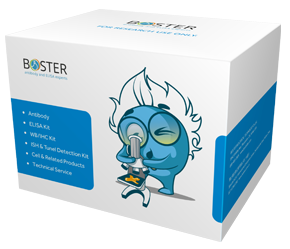Interleukins, interferons and chemokines are signaling molecules secreted by cytokines. They regulate immune responses, inflammation, and other developmental processes during embryogenesis. They are also important in the development of cancer and angiogenesis. There are many functions that cytokines can perform, including overlapping, contradictory, or pleiotropic.
It depends on their concentration and cell type, as well as the presence of mediators and other cytokines. The multiplex mouse cytokine plays an important role in the induction as well as the effector phases in all immune and inflammatory reactions, including cell proliferation and intercellular communication.

Small cytokines, also known as chemokines, attract and recruit cells to a specific area in order to exert their biologic effects. Both cytokines as well as protein hormones are growth factors. They stimulate proliferation, differentiation, and maturation of cells. Not only have cytokines been implicated in immunological conditions, inflammatory responses, and cancers but also in neurodegenerative disorders and cancers.
Researchers can now fully understand the mechanism behind diseases in physiological conditions by accurately quantifying cytokines in biological samples, such as serum and tissue culture samples. Cytokine assays assess the preparation and treatment for blood and tissue samples that are related to cytokines. Because cytokines play a pivotal role in the progression and regression of many diseases and are biomarkers for many others.
Cytokine assays are crucial in disease diagnosis and monitoring. A variety of protocols and methods can be used to identify cytokines, such as bioassays, protein microarrays (HPLC), sandwich enzyme–linked immunosorbent assays (ELISA), Mesoscale Discovery (MSD), electro chemi luminescence, and multiplex immunoassays based on cytokine assays (MIA).